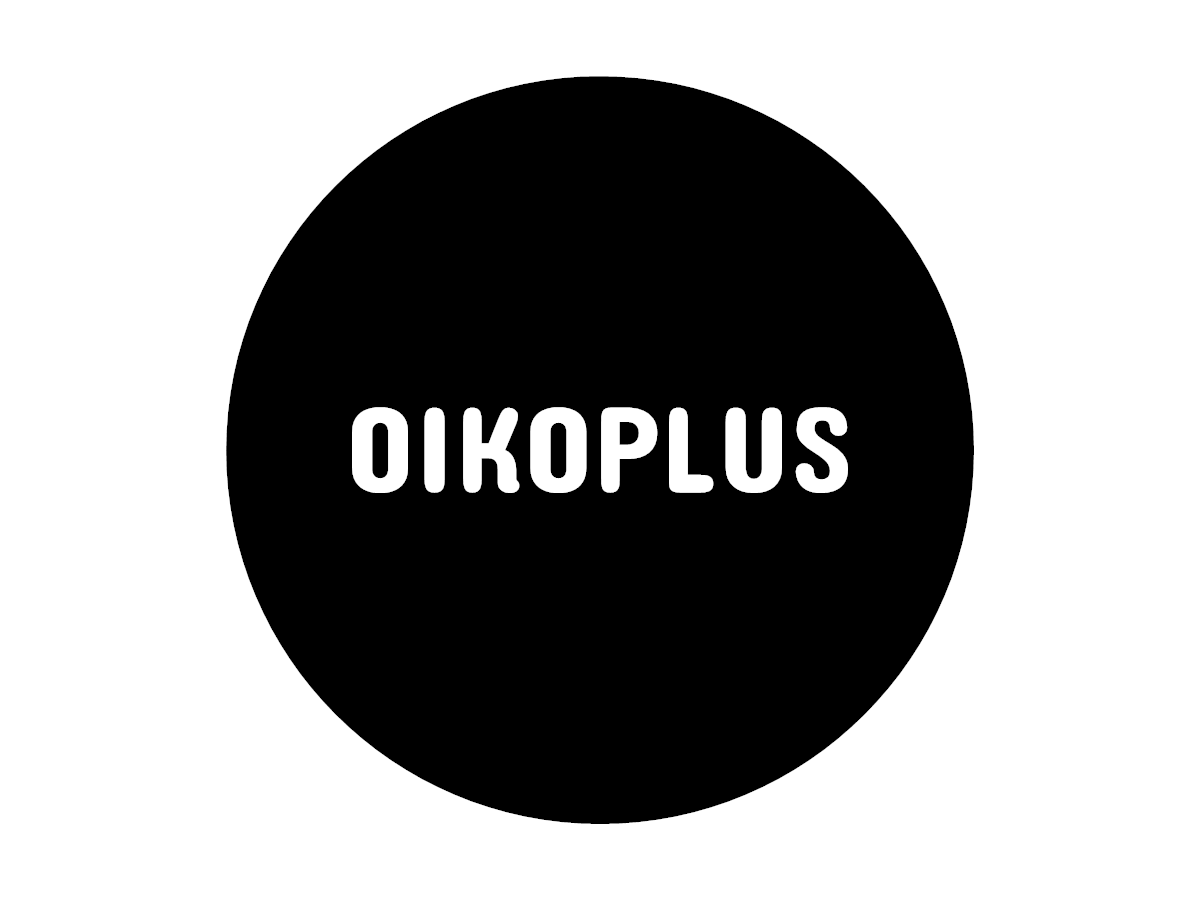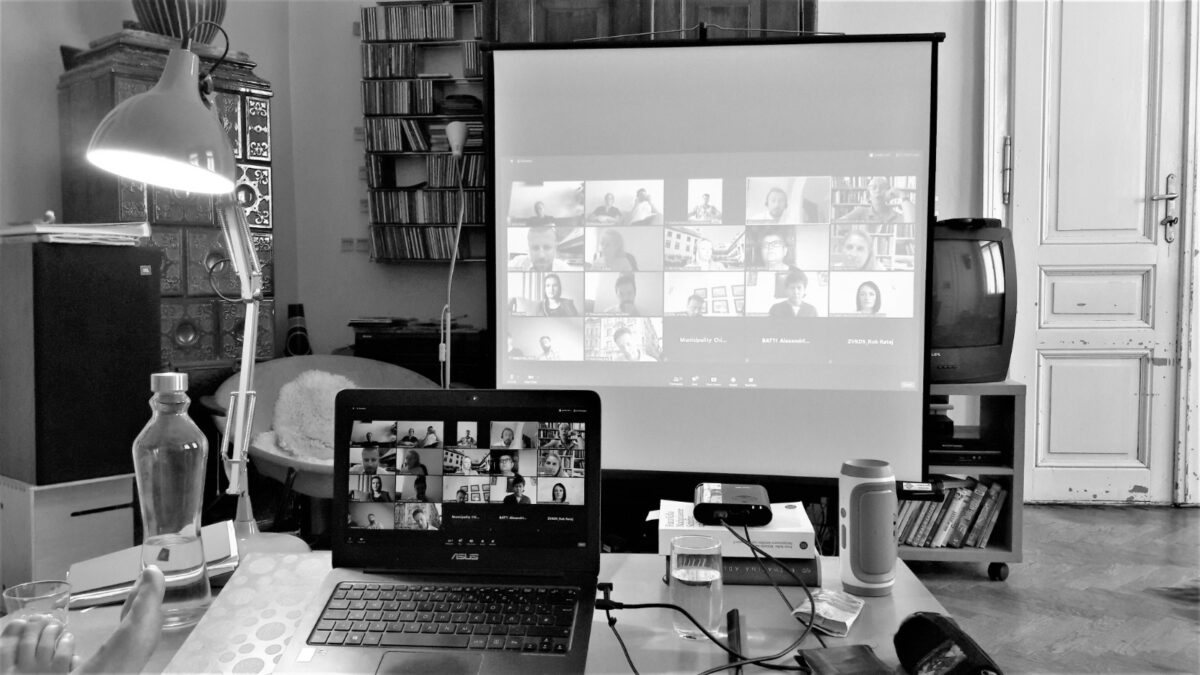Established 18.09.2018
Setting up a company can be risky, especially without prior experience. It requires the assistance of a tax consultant, a lawyer, and a notary. At Oikoplus, we initially established ourselves as a KG, which later became a GmbH – the appropriate legal form at the time. We have frequently reviewed and adjusted our company structure over the years. Additionally, administrative questions often arise during project handling, such as whether to subcontract or employ? Should we handle payroll accounting and bookkeeping ourselves or outsource it to external partners? Do we require a tool for travel expense accounting or is an Excel sheet sufficient? Since Oikoplus was founded, we have been preoccupied with these questions, but we have certainly learned a lot in the process. Our experience has been beneficial. When working with large organisations, universities, or corporations, we have our own contacts for administrative details. Our external colleagues may have to wait for their legal, accounting, or HR departments. In our small team, we make decisions ourselves, which we now recognise as one of our strengths.
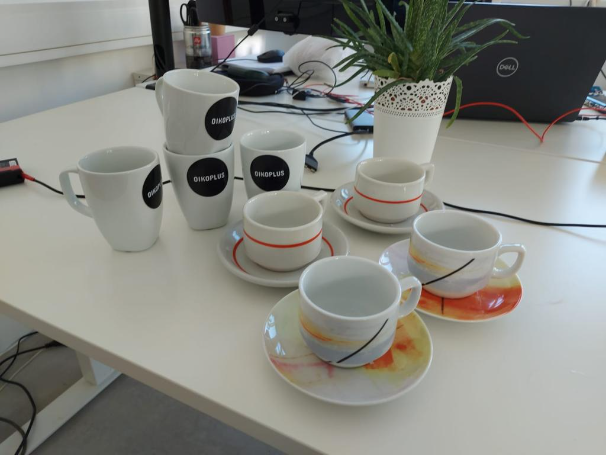
Tools and Services
Over the years, we have acquired a fleet of tools big and small. We use Mailchimp, Adobe Suite, Nextcloud, QR.io, and CANVA, among others. Additionally, we occasionally create temporary accounts with providers such as GoogleMeets, Miro, and iStock. It is surprising how many subscriptions one can accumulate over time.
We also purchased some equipment. Initially, we used our personal computers and filmed with private cameras. Now, after five years, we have a whole armada of laptops and screens. Additionally, we have expanded our filming capabilities with camcorders, tripods, directional microphones, and clip-on mics. Finally, we have also acquired a lightbox and six boxes of Lego building bricks. We have got sthem to organise workshops that support researchers locate their own work in the vastness of a projects, make it tangible, and find narratives for their work. This brings us to the next point: the methods.
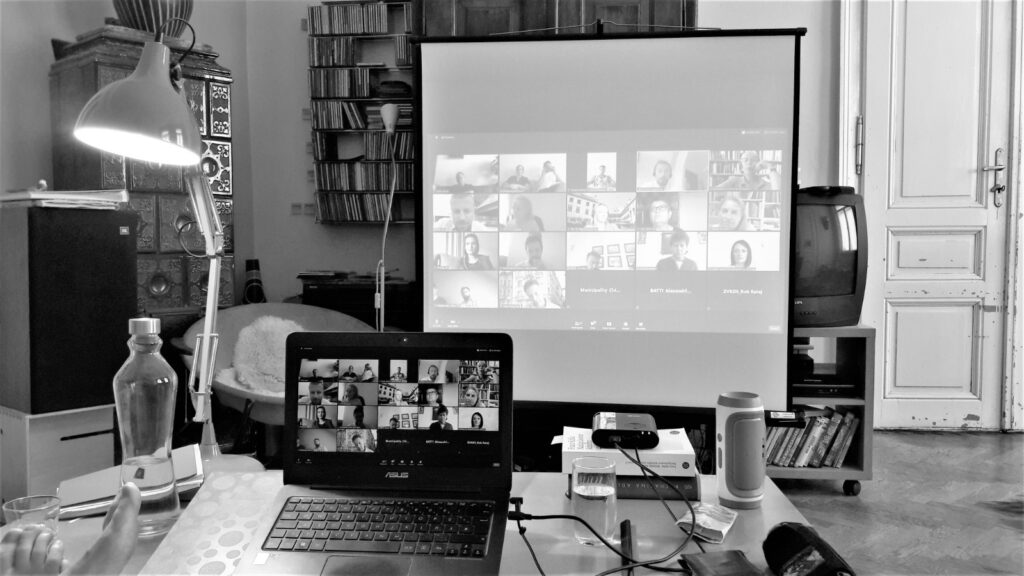
Methods; or: a growing range of services
Initially, we focused on formats and content. We exchanged ideas with our customers both internally and externally, but lacked a strategic and methodical approach. However, this has changed. Due to the complexity of the topics we communicate, we have established clear processes to ensure we are well-informed.
Our projects begin with workshops to identify target groups, key messages, and channels with our partners. From there, we develop customised communication strategies. We conduct interviews with the scientists we support to improve our understanding and gather content for videos, social media, and blog posts. Policy briefs are no longer written alone, but developed in policy cafés together.
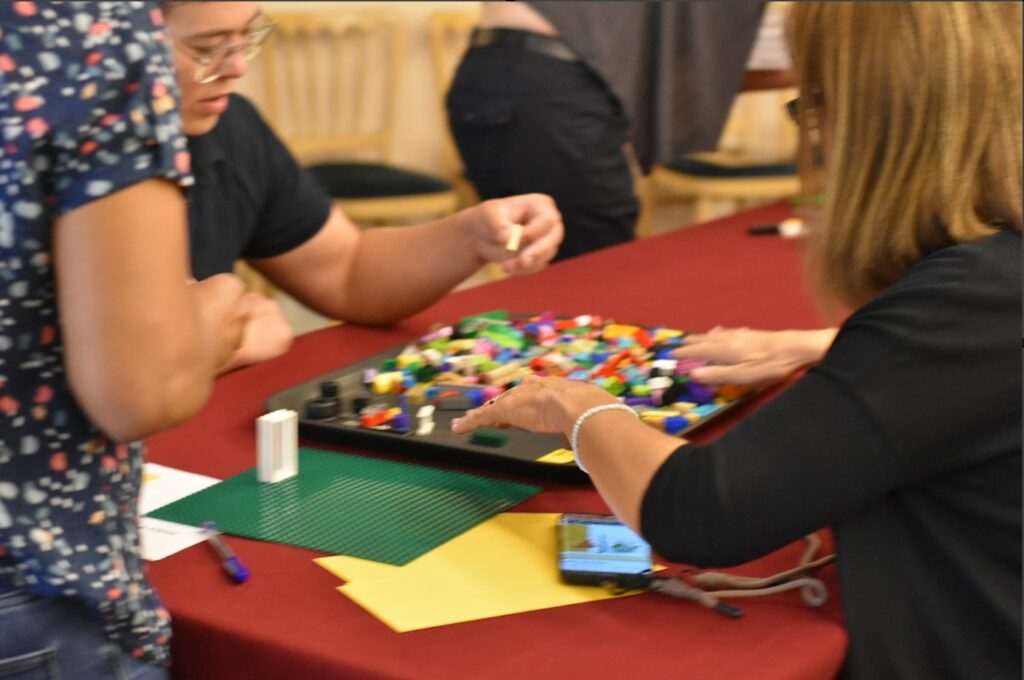
Borrowing credibility
We have always been committed to providing our partners with the best service and meeting all agreed targets. However, we have not always been successful in achieving this. One of the reasons for this is quite simple. Our partners, who are mostly established research institutions or large companies, have a wide reach and high credibility. In our early projects, we focused on establishing our own online and offline communication channels for our projects.
A bottleneck that we quickly recognised. The answer: we need to borrow the credibility and reach of the research institutions and companies we work with. Not so easy. Because in our projects, we are perceived as the partner responsible for communicating and disseminating research achievements. It has now become one of our core tasks to explain to the teams of researchers and developers we work with how they can use their own channels or those of their institutions. Because setting up your own digital channels is simply not as easy in 2023 as it might have been a decade ago.
Five years Oikoplus
Our field has evolved, and we have evolved with it. We have a range of new ideas and plans. However, first, we must thank all our companions along the way. Our employees and our colleagues from SynCity and ArcheoDanube, from EnergyMeasures, Domino-E, REACT, and LifeTandems deserve special thanks. We would also like to thank the colleagues whose failed project submissions we supported. Some project applications narrowly failed. We have learned to deal with them. We would also like to thank the readers of our Reading List. While researching and writing these texts, we have repeatedly completed our thoughts and learned a lot in the process.
Finally, a call to action: subscribe to our reading list and follow us on LinkedIn and YouTube.
Happy holidays!
